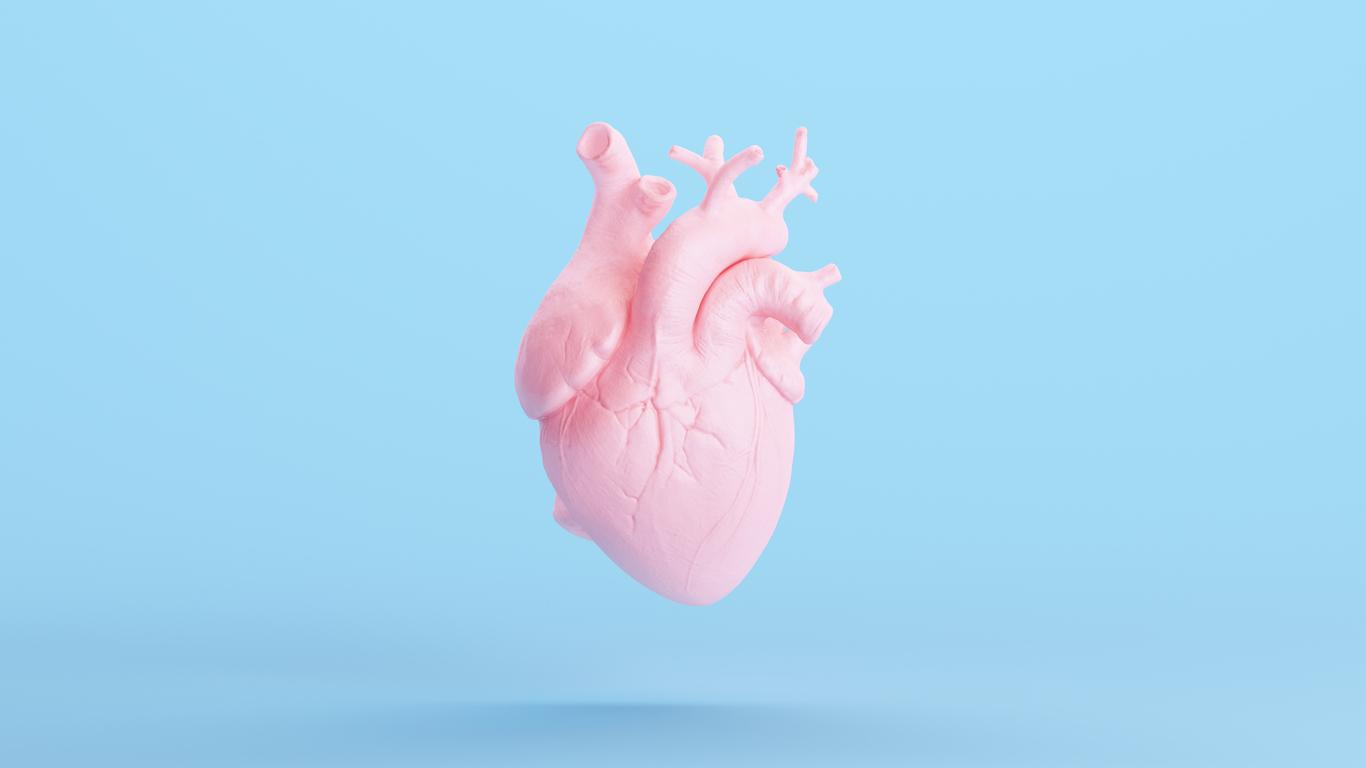Turquoise blue, cherry red or fluorescent pink: mouthwashes have the colors of sour candies and give the appearance of harmless products. Still, doctors suggest that these products shouldn’t be used without supervision, as some can cause health concerns, including heart problems or strokes.
The objective of mouthwashes is simple: to lower the level of bacteria in the mouth and on the tongue in order to prevent or treat gingivitis and periodontal disease. But they are also used by a large number of people in addition to brushing, in order to have a sensation of “fresh mouth”. Some of them are enriched with chlorhexidine, a powerful antiseptic very effective in killing bacteria in the oral cavity. The concern is that the antiseptic does not distinguish between bad bacteria and good bacteria, which protect, among other things, our blood pressure. It thus rids us of the microbes necessary to create nitrites, which are essential for proper dilation of the vessels.
In a study conducted by Professor Amrita Ahluwalia of Queen Mary University in London among volunteers using mouthwashes containing 0.2% chlorhexidine, she found that these volunteers had increased blood pressure. However, according to another study from the university “for every two-point increase in blood pressure, the risk of dying from heart disease increases by 7% and the risk of dying from a stroke by 10%” explains Prof. Ahhluwalia. The latter therefore advises regular users of mouthwashes to use products without chlorhexidine. “This antiseptic should be reserved for mouthwashes used occasionally, after caries treatment for example, and under the supervision of a dentist”.


















